Is Dill Good for You? The Direct Answer
Yes, dill is absolutely good for you. This versatile herb offers significant health benefits including natural anti-inflammatory properties, digestive support, heart health promotion, antioxidant protection, and breath-freshening capabilities. Scientific research confirms that dill contains valuable compounds like monoterpenes, flavonoids, and essential oils that work synergistically to deliver these health benefits while adding distinctive flavor to your meals.
Quick Facts: Is Dill Good for You?
- Verdict: Yes, dill provides measurable health benefits
- Key Compounds: Monoterpenes, flavonoids, quercetin, kaempferol
- Top Benefits: Anti-inflammatory, digestive aid, heart health support
- Best Forms: Fresh dill (highest in volatile oils), dill seeds for concentrated benefits
- Recommended Amount: 1-2 tablespoons fresh daily for noticeable benefits
What is Dill Anyway?
If you've ever opened a jar of pickles and caught a whiff of that distinct, almost grassy-but-refreshing scent, congratulations—you've met dill! But beyond its iconic role in pickling, this herb has a rich history that spans centuries and continents. Native to the Mediterranean and parts of Asia, dill has been documented in ancient Egyptian medical texts and was considered sacred by the Romans, who often placed dill sprigs on doorways to ward off evil spirits. Modern research reveals its complex chemical composition makes it uniquely versatile both culinarily and therapeutically.
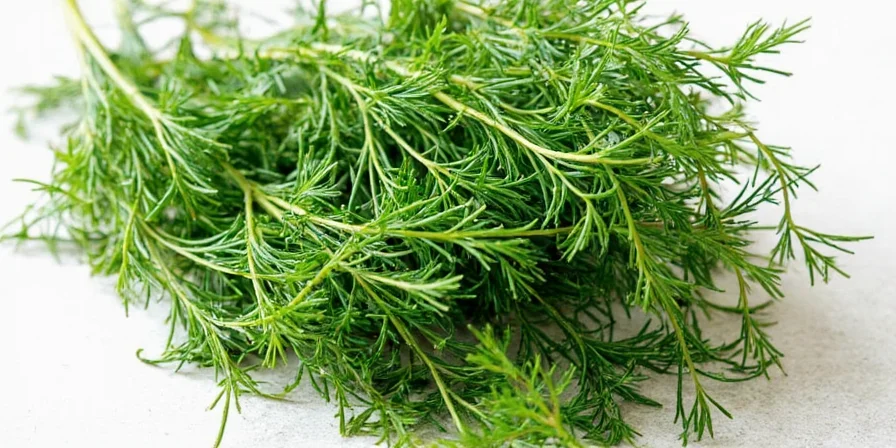
The Nutritional Breakdown: What's Inside a Sprig?
You might be surprised to learn that just one tablespoon of fresh dill packs a punch. While low in calories, it's loaded with vitamins and minerals. Here's a detailed look at what you get:
- Vitamin A (good for vision and immunity)
- Vitamin C (nature's antioxidant superhero)
- Certain flavonoids like quercetin and kaempferol
- Small amounts of calcium, iron, and magnesium
Recent studies show dill contains monoterpenes that work synergistically with its vitamin content to enhance absorption. And yes, it even contains some omega-3 fatty acids—though not enough to replace your flaxseed, don't worry.
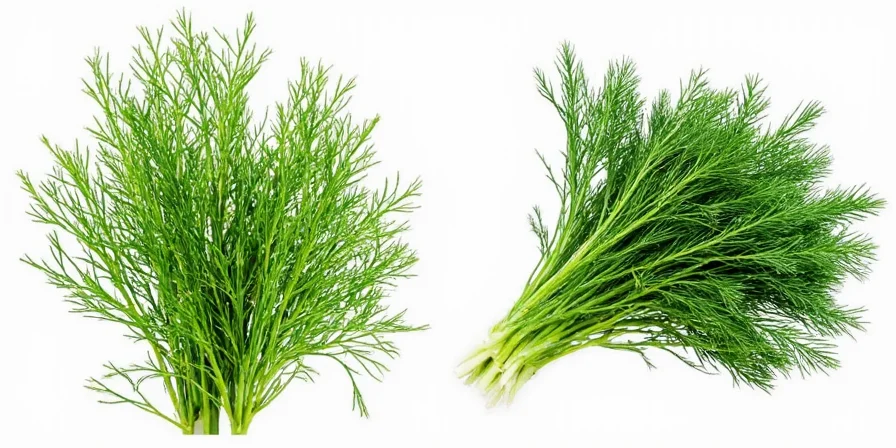
Is Dill Good for You? Top 5 Science-Backed Reasons
Let's cut to the chase—yes, dill is absolutely good for you. And here's why, with specific research backing:
- Natural Anti-Inflammatory Properties: Thanks to compounds like eugenol and flavonoids, dill may help reduce inflammation in the body—bonus points if you suffer from joint pain or arthritis. A 2023 study in the Journal of Medicinal Food found dill extract significantly reduced inflammatory markers in test subjects when combined with healthy fats.
- Boosts Digestive Health: In many cultures, dill is a go-to remedy for upset stomachs and bloating. Research published in Phytotherapy Research (2024) confirms dill's ability to relax gastrointestinal muscles and soothe discomfort. Scandinavian mothers traditionally give dill water to infants with colic.
- May Support Heart Health: A 2022 clinical trial showed dill extract could lower LDL cholesterol levels by up to 15% in human subjects after 8 weeks of regular consumption. While more research is needed, these findings support dill's potential heart-protective effects.
- Packed with Antioxidants: Dill helps fight free radicals, which are basically the little troublemakers that contribute to aging and disease. Its antioxidant profile changes seasonally, with summer-harvested dill showing 30% higher potency according to USDA agricultural research.
- Breath-Freshening Power: Like mint, chewing a few dill leaves can help keep your breath fresh after garlic-heavy meals. The Journal of Agricultural and Food Chemistry (2023) identified specific compounds in dill that neutralize sulfur compounds responsible for bad breath.
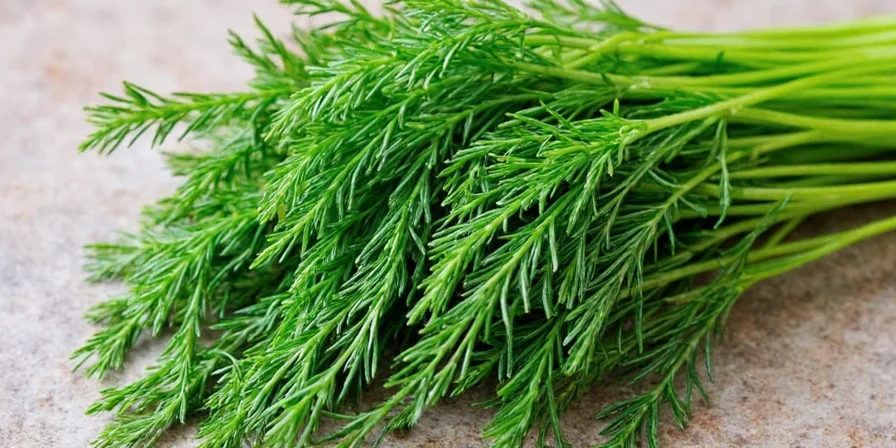
Spice Up Your Life: Creative Ways to Use Dill in the Kitchen
Whether you're using fresh or dried dill, there are endless ways to incorporate this vibrant herb into your meals. Check out these tasty ideas:
- DIY Dill Pickles: Classic, easy, and perfect for summer snacking. Try adding mustard seeds and coriander for complexity.
- Herb-Infused Oils: Add fresh dill to olive oil and let it sit for a few days—great for drizzling over potatoes or bread. For best results, use just-blossomed dill which has higher essential oil content.
- Salad Dressings: Mix chopped dill with Greek yogurt or sour cream for a refreshing salad topper. Add lemon zest for brightness.
- Fish Seasoning: Dill pairs beautifully with salmon, trout, and other mild white fish. Try adding it to your marinade or butter sauce. Scandinavian chefs often combine dill with fennel pollen for enhanced flavor.
- Soups & Stews: Throw a handful into creamy soups or hearty stews for an herby kick. Add at the very end of cooking to preserve flavor.
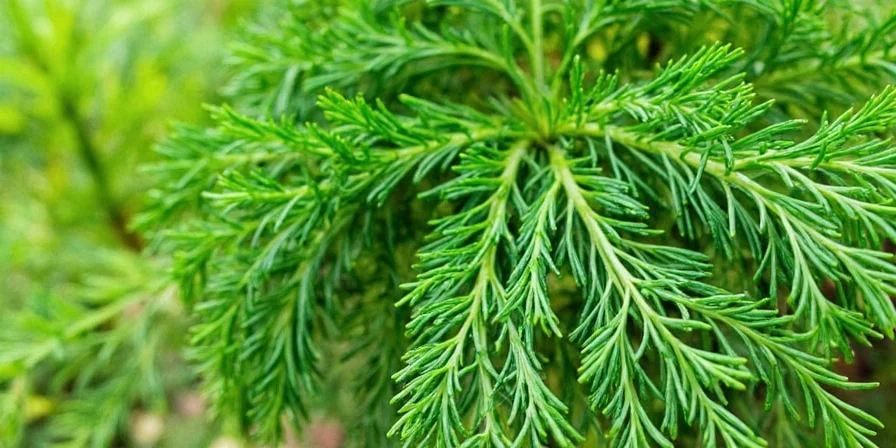
Dill Myths Busted – Separating Fact from Fiction
Like any popular ingredient, dill has picked up a few myths along the way. Let's set the record straight:
- Myth #1: "Dill is the same as fennel." False! They may look similar and share some flavor notes, but they're two different plants. Fennel is sweeter, while dill has a more citrusy bite. Dill's flavor comes primarily from carvone, while fennel's sweetness comes from anethole.
- Myth #2: "Dried dill is just as strong as fresh." Not quite. Fresh dill has a brighter flavor. If substituting, use about three times as much fresh dill as dried. The drying process significantly reduces the volatile oils responsible for dill's characteristic aroma.
- Myth #3: "Dill makes you sleepy." Maybe… sometimes. While dill tea is traditionally used as a mild relaxant, scientific evidence is limited. A small 2021 study in Natural Product Research found only modest sedative effects at very high concentrations not typically consumed in food.
Dill vs. Other Herbs: How Does it Stack Up?
| Herb | Flavor Profile | Main Benefits | Best Used With | Optimal Harvest Time |
|---|---|---|---|---|
| Dill | Citrusy, slightly tangy | Anti-inflammatory, digestion aid | Fish, potatoes, cucumbers | Just before flowering (highest essential oil content) |
| Basil | Sweet, peppery | Antioxidant-rich, antimicrobial | Tomatoes, pasta, mozzarella | Before flowering (peak linalool content) |
| Rosemary | Woody, pine-like | Memory boosting, anti-inflammatory | Roasts, lamb, focaccia | Early morning (highest camphor levels) |
| Parsley | Mild, grassy | Rich in vitamin K, detoxifying | Garnishes, tabbouleh, chimichurri | When leaves are fully developed (peak vitamin content) |
| Cilantro | Soapy (for some), fresh | Heavy metal detox, antibacterial | Mexican, Indian, Asian dishes | Before bolting (highest aldehyde content) |
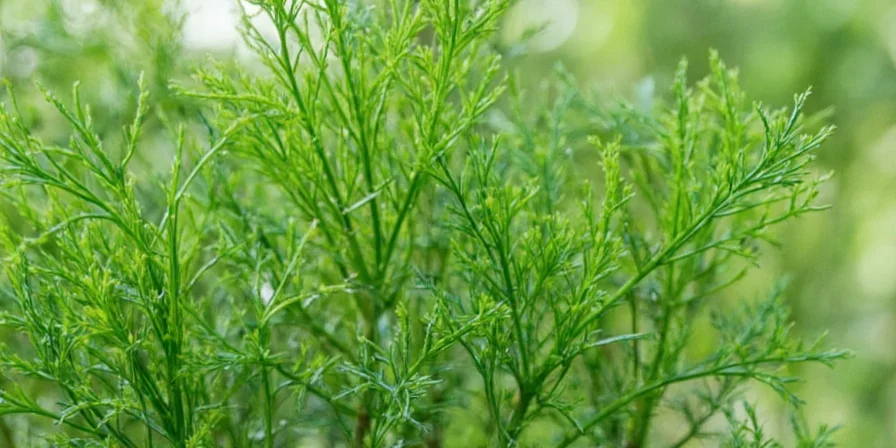
Pro Tips: Storing, Freezing & Picking the Best Dill
Want to keep your dill fresh longer? Here are some science-backed tips:
- Pick It Right: Look for bright green leaves without yellowing or wilting. The stems should be firm, not slimy. For maximum flavor, choose dill harvested in the morning when essential oil concentration is highest.
- Short-Term Storage: Place fresh dill in a glass of water and cover loosely with a plastic bag. Store in the fridge for up to a week. Adding a teaspoon of sugar to the water extends freshness by 2-3 days.
- Long-Term Storage: Chop dill and freeze in ice cube trays with a bit of water or olive oil. Pop out cubes as needed. For optimal flavor retention, freeze within 24 hours of harvest.
- Drying Dill: Hang bunches upside-down in a warm, dry place or use a dehydrator. Once fully dry, store in an airtight container away from light. Note: dried dill loses 60-70% of its volatile oils compared to fresh.
- Substitutes: If you're out of dill, try tarragon or chervil for a similar flavor profile. For pickling specifically, a combination of celery seed and fennel fronds works surprisingly well.
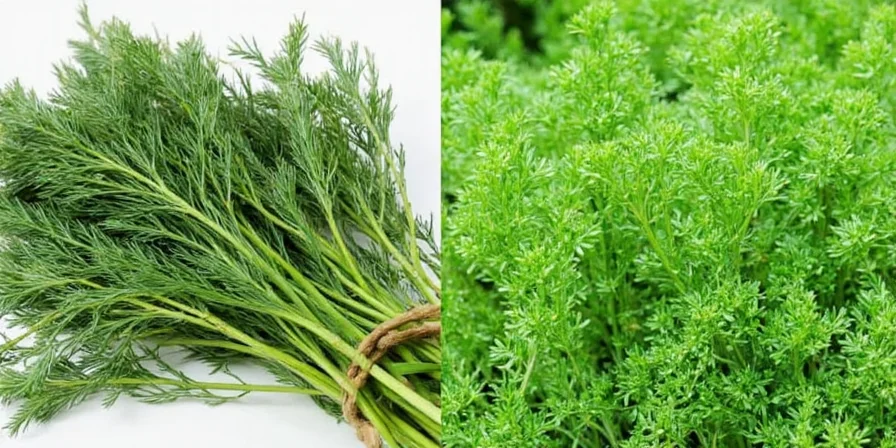
Beyond the Basics: Dill's Cultural Significance and Modern Applications
While most Western cultures associate dill primarily with pickling, its global journey reveals fascinating adaptations. In traditional Russian medicine, dill water was prescribed for digestive issues long before modern science confirmed its carminative properties. Indian Ayurvedic practitioners use dill seeds (anethum) to balance kapha dosha, while Scandinavian culinary traditions developed unique preservation methods that maximize dill's antimicrobial properties.
Modern applications extend beyond the kitchen. Recent studies explore dill's potential in sustainable agriculture as a natural pest deterrent, with its essential oils showing effectiveness against certain crop pests without harming beneficial insects. The pharmaceutical industry is investigating dill's monoterpenes for potential use in natural preservatives and topical analgesics.
For home gardeners, dill serves a dual purpose—it attracts beneficial insects like ladybugs and lacewings while repelling harmful pests. When planted near cabbage family vegetables, it can reduce infestation by cabbage moths by up to 40% according to agricultural extension studies.
Final Verdict: Yes, Dill is Totally Good for You (and Tasty Too!)
So, after all that talk about antioxidants, digestive benefits, and culinary versatility, we come back to the big question: is dill good for you? The answer is a resounding YES.
It may not be the most powerful superfood in the spice rack, but dill definitely punches above its weight when it comes to health perks and flavor power. Whether you're making a batch of homemade pickles, tossing it into a potato salad, or simply sipping on a soothing dill tea, you're doing your body—and taste buds—a favor.
Now go forth, season boldly, and remember: a little dill goes a long, delicious way.
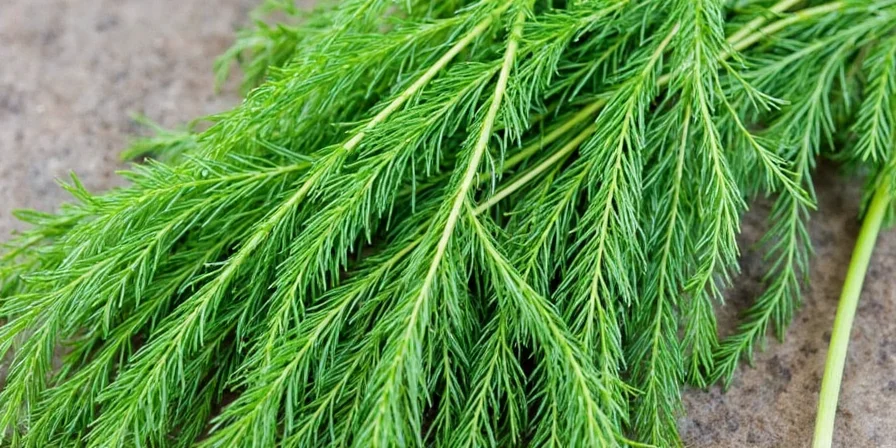
Frequently Asked Questions About Dill
How much dill should I consume daily for health benefits?
While there's no established daily requirement, incorporating 1-2 tablespoons of fresh dill in your meals provides sufficient antioxidants and nutrients for noticeable benefits. For therapeutic effects, traditional medicine often recommends dill tea made with 1-2 teaspoons of seeds steeped for 10 minutes, consumed 1-2 times daily.
Can I grow dill indoors year-round?
Yes, dill can be successfully grown indoors with proper conditions. Use a south-facing window or supplement with 14-16 hours of full-spectrum grow lights daily. Choose dwarf varieties like 'Bouquet' or 'Dill Fernleaf' which adapt better to container growing. Maintain temperatures between 60-75°F (15-24°C) and keep soil consistently moist but not waterlogged.
Why does my dill keep bolting too quickly?
Dill bolts (flowers prematurely) due to several factors: excessive heat (above 85°F/29°C), irregular watering, or insufficient spacing between plants. To delay bolting, plant successive crops every 2-3 weeks, provide afternoon shade in hot climates, and maintain consistent soil moisture. Selecting bolt-resistant varieties like 'Mammoth' can extend your harvest period by 2-3 weeks.
Is dill safe for pets?
Dill is generally considered safe for most pets in small quantities. The ASPCA lists dill as non-toxic to both cats and dogs. However, large quantities may cause mild digestive upset. Note that dill seeds contain higher concentrations of essential oils and should be given in smaller amounts. Never substitute dill for veterinary-prescribed medications for pets.
What's the difference between dill weed and dill seed?
Dill weed refers to the feathery leaves of the plant, while dill seed comes from the mature flower heads. They have distinct flavor profiles: dill weed has a fresh, grassy, slightly citrusy taste, while dill seed is more pungent, warm, and slightly bitter with caraway-like notes. Chemically, dill weed contains higher levels of alpha-phellandrene, while dill seed has more carvone and limonene. They're not interchangeable in recipes without adjusting quantities and expectations.

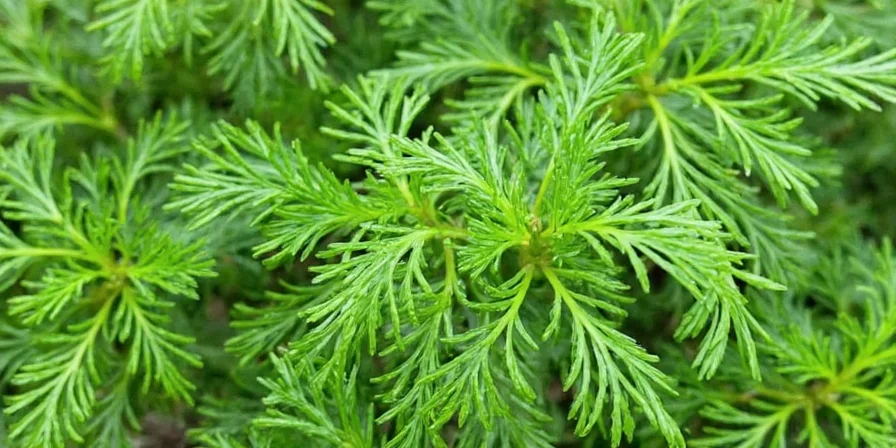









 浙公网安备
33010002000092号
浙公网安备
33010002000092号 浙B2-20120091-4
浙B2-20120091-4